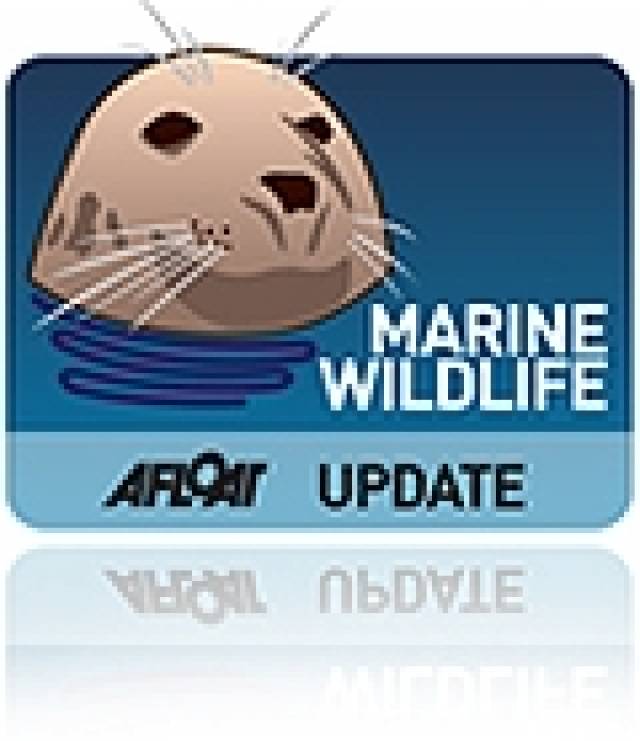#seabed – A British government decision to slash 75 per cent of a proposed network of marine conservation zones (MCZs) intended to save seabeds and estuaries in England from being damaged by commercial and recreational activities, has been criticised by professional fishery managers.
The Department for Environment, Food and Rural Affairs (Defra) is proposing to go ahead with only up to 31 of 127 zones recommended by its advisors. It says it would be too expensive to set up more.
Responding to the watered-down proposals, the Institute of Fisheries Management (IFM) said it was "extremely disappointed" no more zones would be designated in the near future. Instead it called for "a clear timetable" for more, especially close inshore and for early discussions on how to manage and enforce them.
One zone the institute wants brought forward is in the Thames estuary which it says is one of the best studied estuaries in the UK, containing a wealth of well documented features fully meeting the MCZ criteria.
The estuary had long been a showcase for sustainable development. Most of the development challenges cited for delaying it were already being dealt with in a fully sustainable manner.
Another is the Alde-Ore estuary near Felixstowe, Suffolk. This contains a recruiting population of smelt (Osmerus eperlanus) a recognised MCZ flagship species. New evidence suggests a spawning run by these into the freshwater reaches of the estuary.
The institute agreed with the fisheries minister Richard Benyon that enforcing remote offshore zones could be costly, particularly if fishermen from other countries fished there.
Inshore, however, the use of sound and accessible science in selecting zones would engender strong commitment to self-enforcement among local sea users. Policing costs, including intelligence gathering, could then be "very low indeed."
There were already very good examples of self-enforcement in shell fisheries. In estuaries on the Thames and in Devon trawling restrictions had been maintained in an inclusive and coherent manner, at low cost.
Because Defra had not said how the zones would be managed and enforced the marine industry had, in some cases, provided "its own worst case scenarios," of the costs.
"This is an understandable reaction," according to Steve Colclough, chairman of the institute's marine section, "but it tends to militate against further designation [of more zones] in the near future."
Because of the uncertainty over management, some anglers felt that if estuaries became conservation zones they would be excluded from fishing in them. This was a factor in a number of cases and reassurances about a balanced approach carried little weight.
The institute was also disappointed the proposals did not refer to the socio-economic benefits of conservation zones. Around the world there was evidence they brought significant long-term benefits to fisheries, tourism and recreation. There had been early benefits to fishermen in recent examples of marine protection in England such as in Lyme Bay and Port Erin Bay on the Isle of Man.
Mr. Colclough said the institute was concerned about the balance of evidence and inconsistencies in some zone decisions. The rationale that estuaries, mudflats and salt marshes were some of the most productive aquatic ecosystems, was built into the reasoning for selecting some zones but not others.
The importance of conservation species such as the smelt had only been used in some decisions. For example, the Medway estuary was put forward for designation now, but data presented on the presence of a self-supporting population of smelt was not in the proposal. The institute said it was frustrating to be unable to see clearly where and how high quality information which it had provided had been used in making decisions.
"Such action tends to reduce the commitment and engagement so vital for success of these projects... We were promised [the MCZ process] would be transparent and fair, based on good science... Unfortunately we and others have noted specific data errors" which damaged the credibility of the whole process.
"These may seem small issues, but not to users who already feel threatened by the whole process. Understandable fear of the unknown quickly becomes antagonism."
As a professional body promoting more sustainable fisheries management, the Institute of Fisheries Management has a wealth of relevant experience, Mr. Colclough added, and said he looked forward to positive future engagement with Defra and others.































































